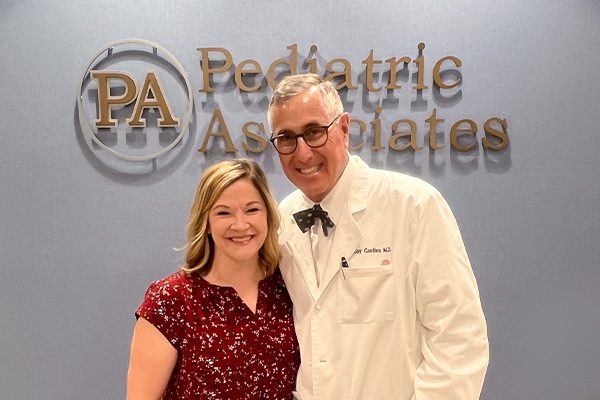Healthcare Updates
What Patients Should Know About COVID-19
Philip Eskew, DO, JD, MBA - March 23, 2020
As states across the nation issue orders to close non-essential businesses and urge citizens to stay in their homes, slowing the spread of COVID-19 is at the forefront of many minds. And while Proactive MD has and will continue to provide primary care services and care for patients who fall ill during the outbreak, we also know that the best care is proactive care. To help protect our patients from contracting the virus or spreading it to others, Proactive MD’s Vice President of Clinical Development & General Counsel, Dr. Phil Eskew, has created the below patient prevention guide.
Read Dr. Eskew’s guide for what employers should know about COVID-19 here.
How does the virus spread?
While the CDC and WHO are still gathering the latest research, it is likely that COVID-19 spreads through the air, droplets, contact, and possibly fecal-oral routes. With so many potential ways to catch the virus, it’s important that we follow recommendations for social distancing to help protect ourselves and others.
Airborne Precautions
The virus can survive in the air for up to 3 hours.
-
- If you are feeling ill, do not go inside an Emergency Room or urgent care center. Instead, call your primary care Health Center for their guidance on how to proceed, and they will guide you to an appropriate testing facility if necessary. The safest way to test is in an open-air drive-through clinic.
- If you test positive for COVID-19, you should stay home for the amount of time directed by your physician.
- To avoid airborne spread in your home, stay in one well-ventilated room (open windows) or wear a traditional surgical mask.
- If you are caring for someone who has tested positive for COVID-19, wear a mask if available, following WHO guidelines.
Droplet & Contact Precautions
The virus can survive on cardboard for 24 hours and on stainless steel and plastic for 72 hours.
- Clean surfaces frequently with diluted bleach or 70% alcohol solutions per the CDC, and wear gloves when cleaning.
- Avoid shaking hands or giving hugs.
- Stay at least six feet away from others in public areas.
- Frequently wash your hands with warm, soapy water for 20+ seconds.
- Avoid touching your eyes, nose, or mouth with unwashed hands.
- Sneeze or cough into your armpit or elbow, not into your hands.
Additional Precautions
Now more than ever is the time to be proactive with your health.
- Consider taking 500mg vitamin C three times daily.
- Get plenty of sleep and exercise with a healthy diet.
- Reduce the use of public transportation – especially in crowded areas / peak times.
- Cook at home rather than eating out.
- Continuously monitor your symptoms to avoid inadvertently spreading the virus.
- Ask yourself whether you feel feverish, have a cough, or have shortness of breath, as these can all be symptoms of the virus.
- Monitor your temperature— a fever is defined as 100.4° F or higher.
- Do not return to work until you are fever free (without taking any ibuprofen or acetaminophen) and without other symptoms for the length of time recommended by your primary care physician (usually between 24-72 hours).
If you are looking for additional resources, we recommend you start here:
COVID-19 Page for the American College of Occupational and Environmental Medicine
COVID-19 Page for the National Commission on Correctional Health Care
We recognize that your health is more than just your temperature and test results. If you are struggling with concerns during this time – physical, emotional, social, or financial – we want to support you. Speak to your Proactive MD provider or a member of your care team for guidance, and find more resources related to COVID-19 here. We promise we’ll always fight for your greatest good.
Sign up to get the latest news and insights from Proactive MD.


